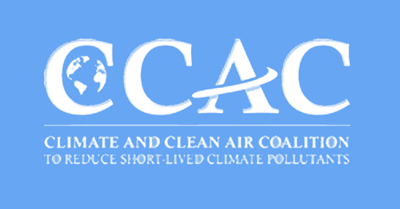Source: http://www.igsd.org/
A new study conducted by the Pacific Northwest National Laboratory (PNNL) calculates that 0.16°C of additional climate warming can be avoided by 2050, even after policymakers implement all “economically attractive” methane and black carbon reductions. Earlier studies by UNEP/WMO and others calculated that as much as 0.5°C of additional warming could by avoided by mid-century using a package of 16 carefully targeted policy measures. “These two studies compare apples to oranges,” said Durwood Zaelke, President of the Institute of Governance & Sustainable Development, “with the new study assuming most of the benefit of reducing methane and black carbon will occur automatically, and the UNEP/WMO study assuming that policy action will be needed, an assumption that unfortunately is much more realistic.” For example, aggressive pollution control policies were needed over the past several decades to clean up air pollution in the U.S. and Europe, according to Drew Shindell of NASA’s Goddard Institute of Space Studies and a lead author of the UNEP/WMO study. “It doesn’t happen automatically.”
In the new PNNL study, the “question is really, assuming a world where everything economically attractive has already happened, and a good deal of air pollution controls have been put into place, what extra benefit can you get by targeting these short-lived climate]pollutants?” stated Shindell. The PNNL study also observes that a comprehensive climate policy would be best. “The study is of course correct on this point, but as we struggle to achieve a comprehensive climate policy to go into effect by 2020, it’s critical to reduce short-lived climate pollutants as fast as we can and whenever we can, using existing technologies and existing laws and institutions,” Zaelke added. “Success here will build political momentum for the more comprehensive climate policy, while also slowing climate change.”
For further information see: The PNNL Study, The UNEP/WMO study







